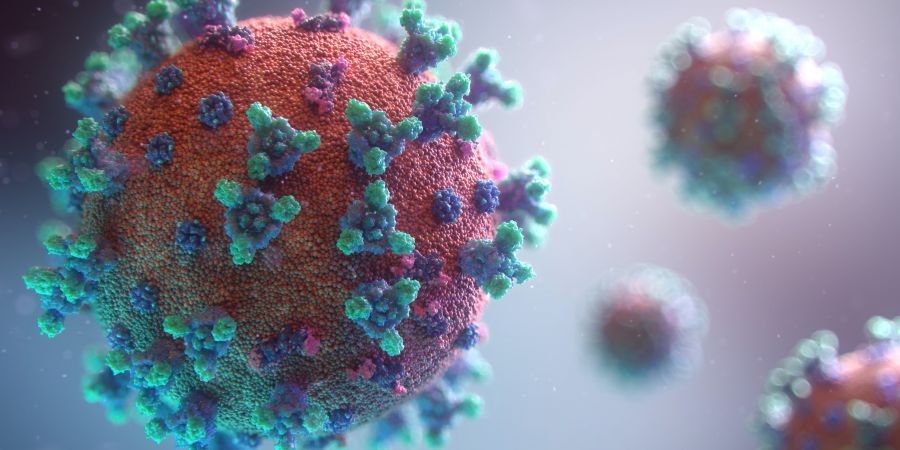

COVID-19 has disrupted programs that assist vulnerable
populations worldwide. In addition to education, schools
provide daily meals and other services that many families
depend on; when schools closed during the pandemic, those
services ceased. Kibrom Abay and colleagues explore the
food security consequences of school closures in Nigeria,
using household survey and local government area data.
Pre-COVID food security benefits for households from school
feeding disappeared after schools were closed. The findings
show a gap in current food security safety nets for vulnerable
populations that rely on schools, suggesting that alternate
options should be considered as the risk of pandemics and
other shocks rises.-John McDermott, series co-editor and
Director, CGIAR Research Program on Agriculture for
Nutrition and Health (A4NH).
The COVID-19 pandemic and associated lockdown policies
have disrupted education, health, and nutrition services
globally, with severe implications for children's well-being. As
the pandemic spread, more than 190 countries implemented
countrywide school closures, affecting 1.6 billion children
around the world. In addition to the direct effects on learning,
these closures affect household food security by interrupting
school feeding services.
In Nigeria, abrupt nationwide school closures beginning in
March 2020 left more than 9 million students without regular
school meals. Despite anecdotal evidence and speculative
hypotheses, there is a lack of rigorous empirical studies on their own and 60% of rural areas. With rapid
urbanization and migration, our rural
population is shifting to the urban
side. This has been increasing since
the New Economic Policy in 1991,
with the establishment of many
multinational companies and other
industries people have migrated to
the cities for better earning and
living.
Though it has helped the urban India
to develop and grow, the rural India
has been left behind in this process.
Whatever may be the facilities in the
cities, the real India lies in the rural
areas. The beauty of India reflects in
the rural areas.
As it is called that India is a 'Country
of Villages', our culture and history is
protected by these villages. We will
surely witness easy living, lots of
facilities, big complexes, malls,
better roads, beaches, parks and
other items of luxury in the cities but
the 'Heart of India' lies in our rural
India, where we witness our
traditions, cultures, foods, clothing,
monuments and historical remains
in our villages. And the most
important, thing we witness Unity,
Love, Secularism and a feeling of
togetherness in our rural India..
No matter what the population of the
village is, no matter what is the
occupation of the people living there,
the Unity that people show their
reflects the policy of India that it has
been promoting that is "Vasudaiv
Kutumbkam" that means.
We may feel very relaxed and
peaceful in cities while sitting in our
rooms, with the AC ON and watching
TV shows, but the real peace lies in
the fields of rural India within the
nature, below this clear blue sky.
Sitting beneath a tree, along side our
friends and enjoying a stress-free
life, is what the city people don't
witness. Walking along the fields,
enjoying the beauty of nature, the
time spent here is worth and it surely
helps us heal our stress.
The way people are attached here
and the way they communicate, the
respect they show, reflects the
manners and etiquettes that we
often miss in urban areas. People
here are concerned for each other
and are always ready with a helping
hand for other people. People here
celebrate each and every festival
with a feeling of togetherness and
this way we witness our traditions
and culture. We experience dance
forms that are still unrecognised. We
come across various varities of
foods items that we will never get to
eat in the luxury longues of cities
and many more experiences.
It has been good to see our govt.
taking measures for the
development of our rural India and
we are achieving these targets
through the use of advanced
technologies. We should be always
proud that we are the citizens of
India and feel blessed to be called
Indians.
